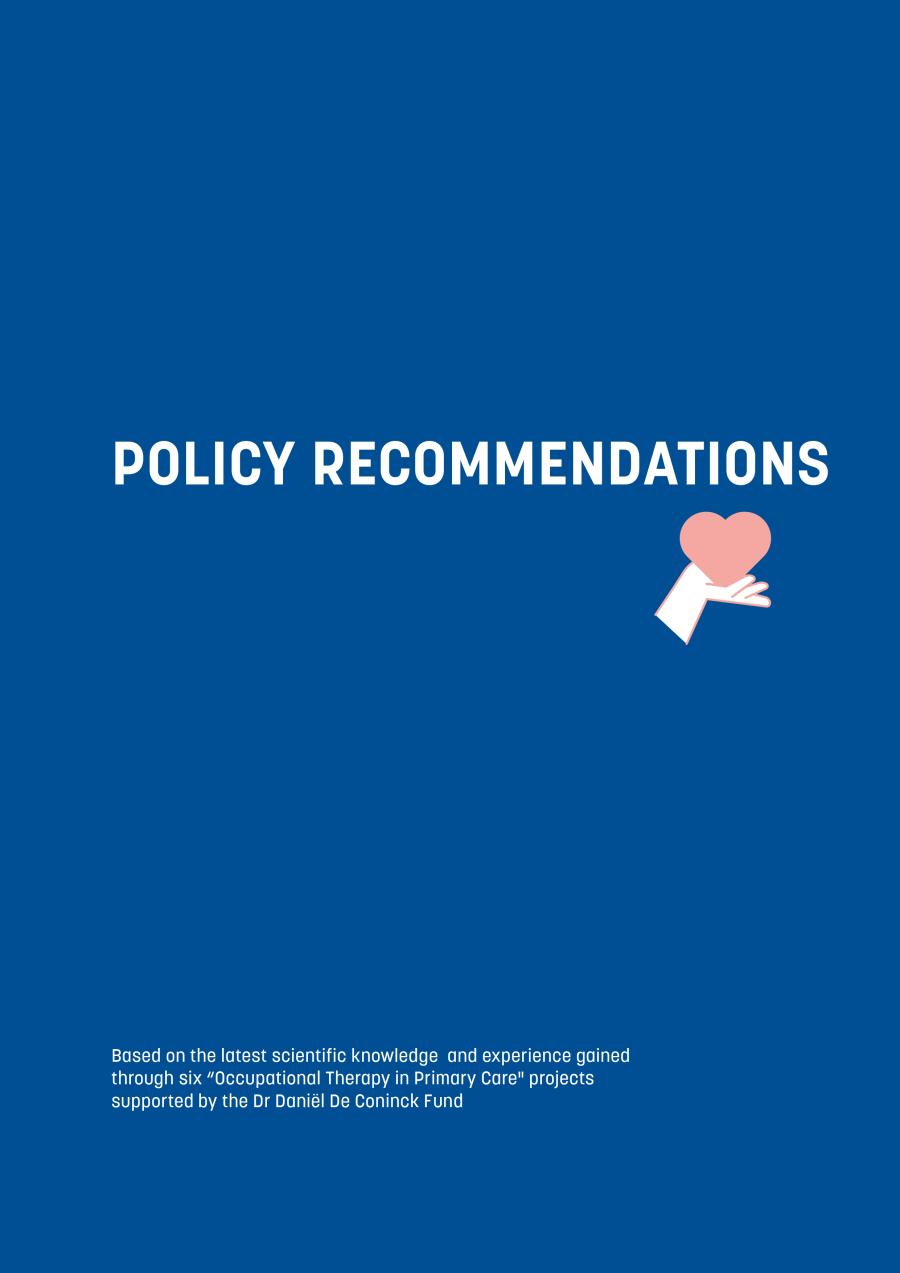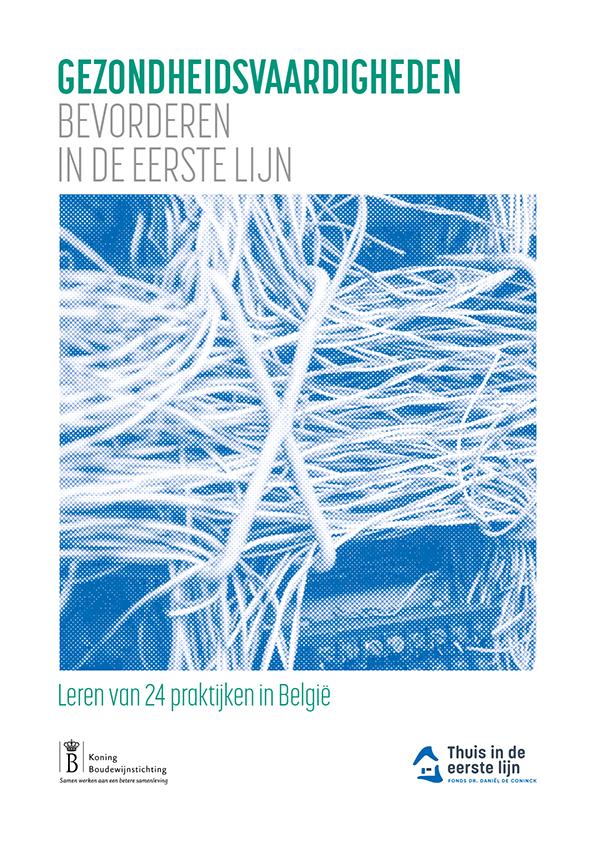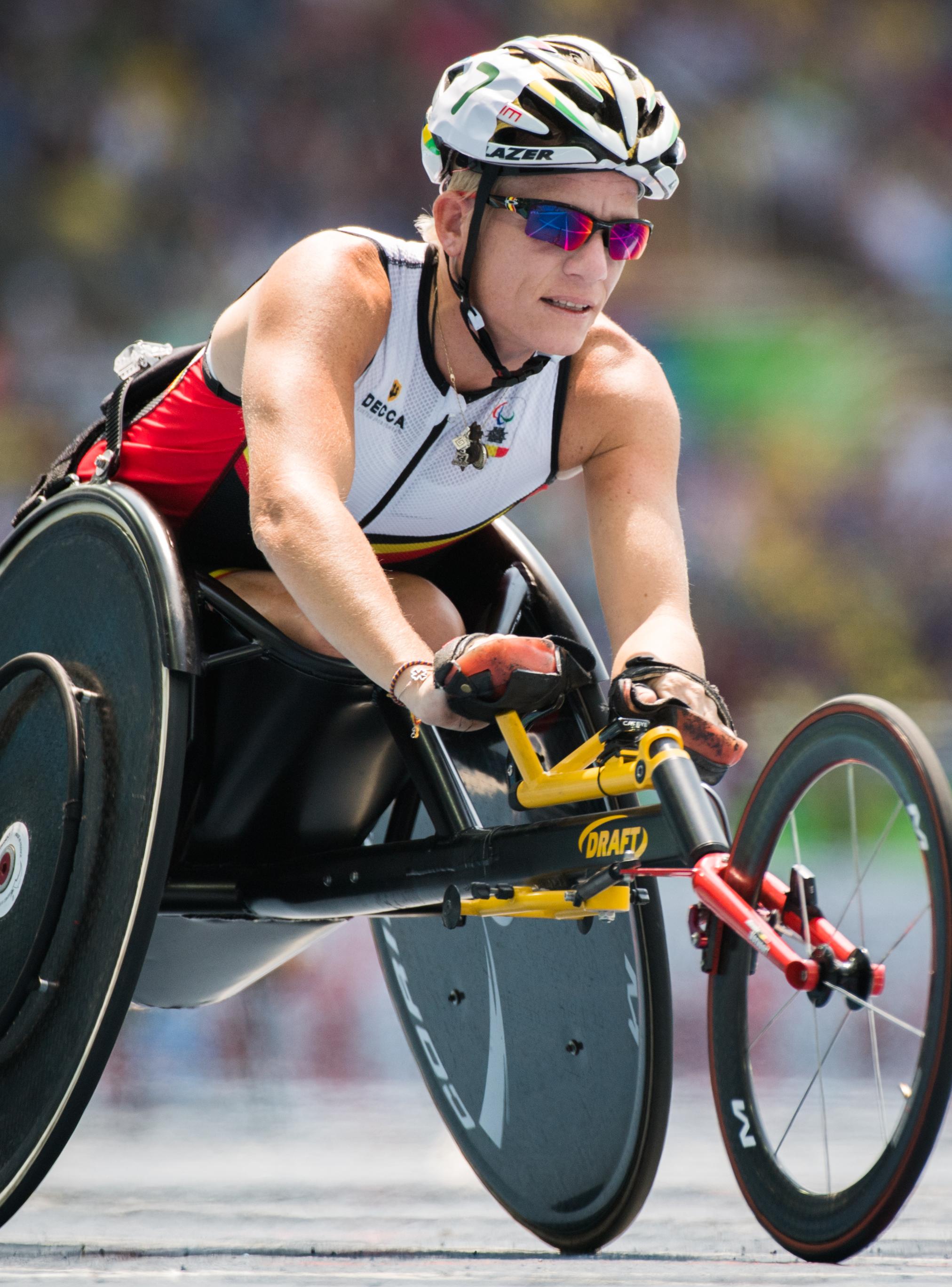
Marieke’s addiction to life
A remarkable U.S. film about an extraordinary life and its early ending has premiered with support from the King Baudouin Foundation; the story of Paralympian Marieke Vervoort offers a powerful insight into Belgium’s euthanasia laws – and reflects on our common search for meaning.
Can a greater sense of control over our death, give us a greater sense of power over our lives? If you knew when you would die, how would you choose to live?
Addicted to Life, the documentary by award-winning American film-maker Pola Rapaport about the sporting icon known to most Belgians simply as Marieke, poses many questions and one clear answer: for Vervoort, by guaranteeing to spare her a lingering and painful end, her country’s right-to-die legislation gave her the will to live life to the full.
An active teenager from the small Flemish town of Diest who dreamed of being a teacher, Vervoort was struck down in the 1990s by a rare, incurable, and extremely painful condition, which left her confined to a wheelchair by the time she was 20.
Yet she was not going to sit at home in despair. Vervoort discovered the world of wheelchair sport, first taking up basketball, the only woman on a court full of men, as well as scuba diving, before moving on to triathlon in 2004, where she enjoyed international success.
Four years later, however, her condition, and the pain, worsened. It forced her to give up triathlon. She also took the decision to gain the lengthy official approval required for her to end her life. As Vervoort tells Rapaport during the film, this gave her renewed strength to face her future and make the most of her remaining years, notably to become a world champion, world record holder, and Paralympic gold medallist in wheelchair sprinting.
Passed in 2002, Belgium’s euthanasia law requires lengthy medical and psychological tests before permitting those enduring intolerable suffering to end their lives with the help of doctors.
Comforted by having “my euthanasia papers in my hand”, Vervoort responded with a burning desire to experience as much as she could of what life has to offer. As the film’s publicity tagline puts it: “The right to die gave her the will to live.”
The 100 metres gold at the 2012 London Paralympics, along with silver in the 200, turned her into a national treasure. She followed those up with a silver and bronze at Rio in 2016. That’s where Rapaport picks up the story, with Vervoort announcing her retirement – but also declaring her drive to squeeze the most out of every day she had left.
The film follows her racing sail buggies on the beach, skydiving and experiencing zero gravity, as well as her personal journey with parents and friends over three years; laughter - and a few tears, accompany Marieke’s reflections on life, death, and meaning, until the moment, a few months after her 40th birthday, when she peacefully went to her rest.
"I had my own life under control. And look, I’m still here. You’re always doing more and more because you’ve got your own life in your hands. You can say when it’s enough."
KBF and funds that it manages have long supported reflection and good practices on issues around advance care planning and end-of-life care , as well as help for people living with disabilities and research into rare diseases. The Foundation’s health programme provided funding for Addicted to Life, as did the Hibiscus Fund, managed by KBF, which supports people confronted by handicaps.
Other calls
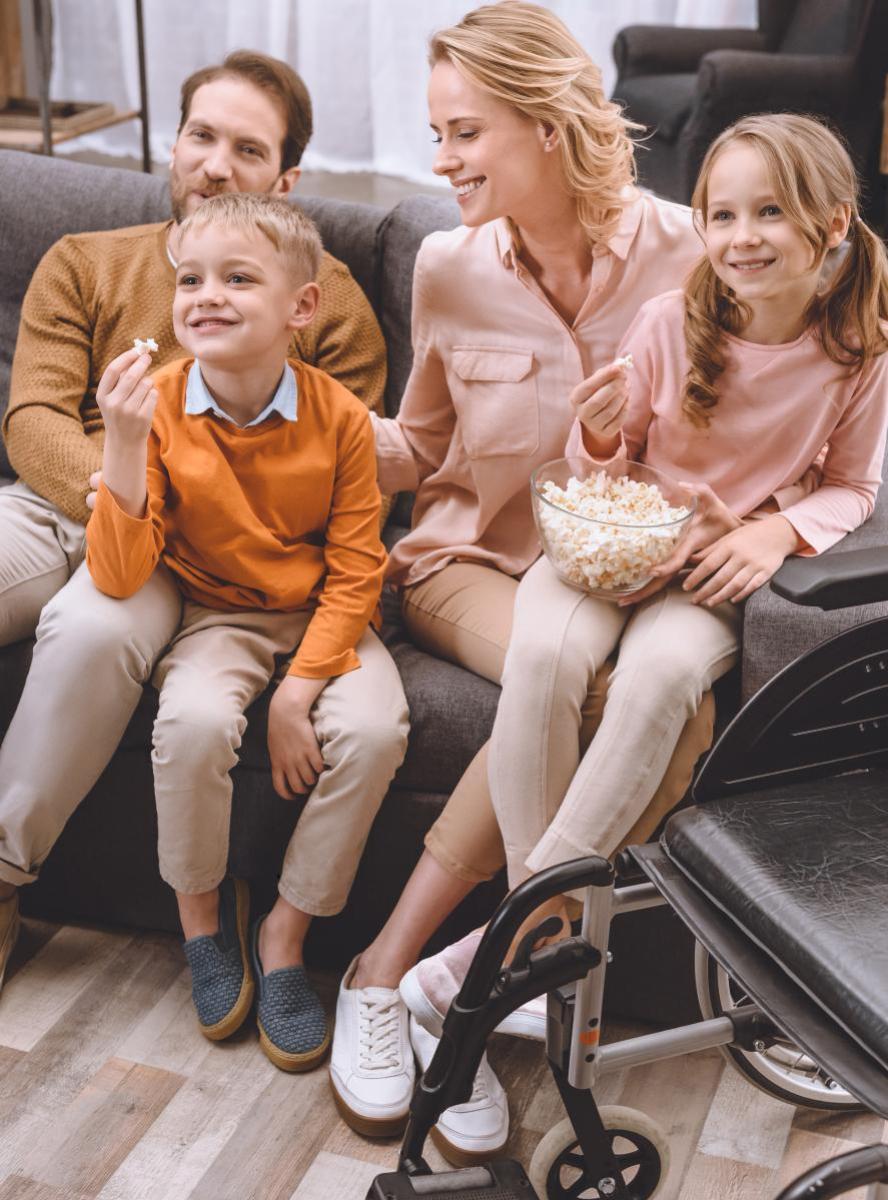
Multiple Sclerosis Research
Improving the quality of care and the quality of life of patients with Multiple Sclerosis and their relatives
Selection announced
2022 UCB Community Health Fund - Call for Support Projects
Focus on projects addressing mental health issues of vulnerable young people (ages 15 to 24) suffering from mental health issues and those displaced due to conflict situations.
Selection announced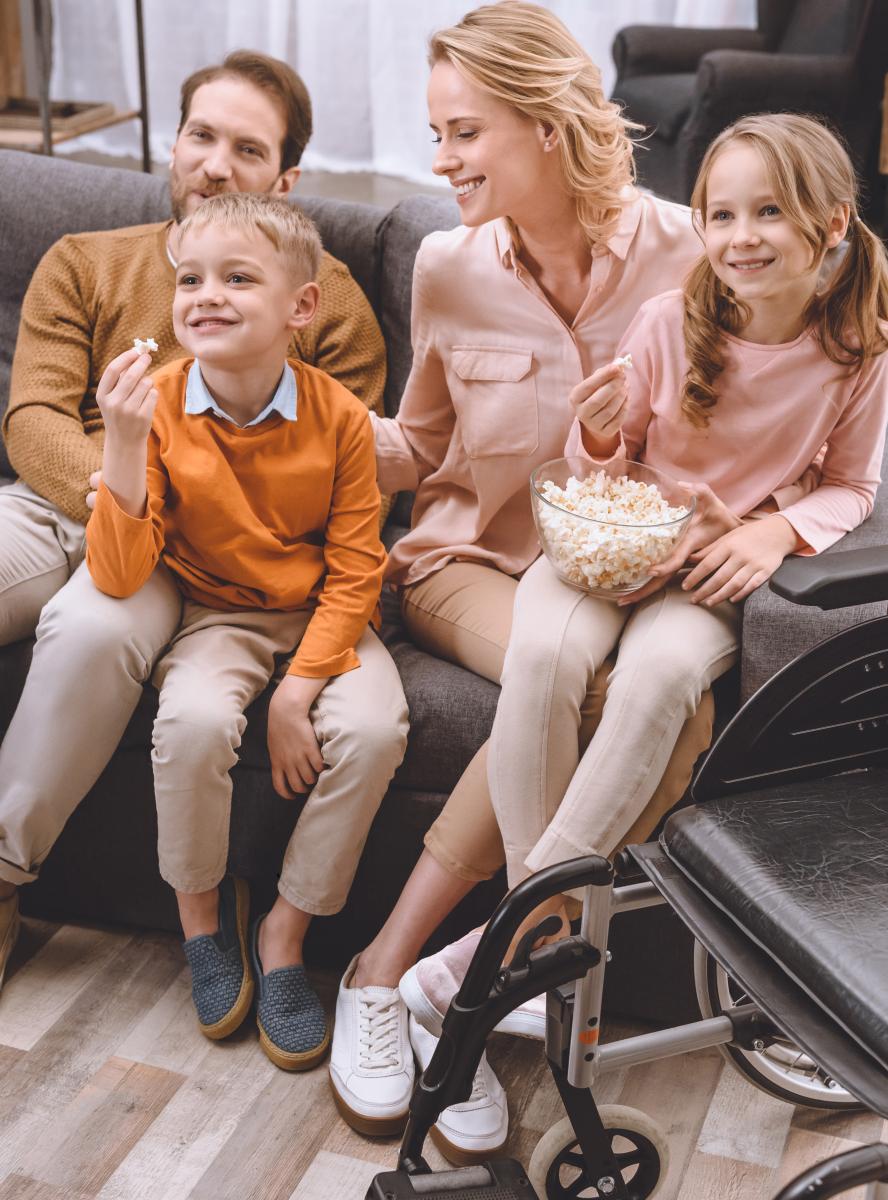
Fund Claire Fauconnier & Fund Guy Sallets
Supporting research on the quality of care in multiple sclerosis
Selection announcedOther publications
Other philantrophy

Fernand Bogaert (Fund)
In Belgium, support for vulnerable, very ill patients, especially palliative care for cancer patients. In the South, the fight against life-threatening diseases such as leprosy.
Other press releases
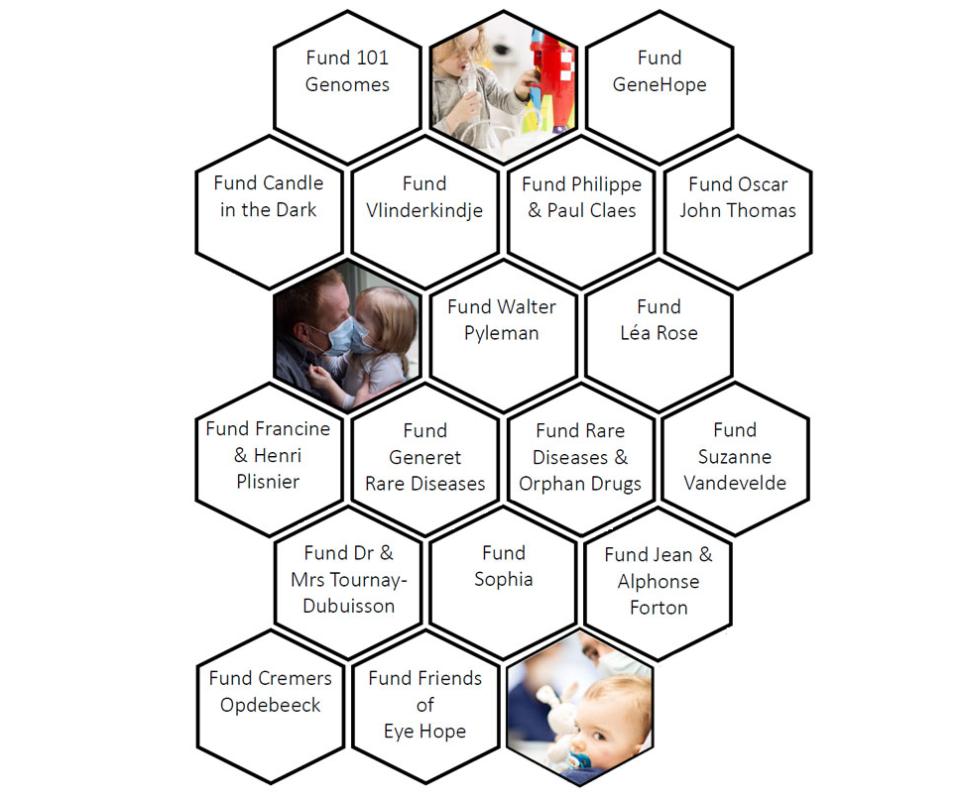
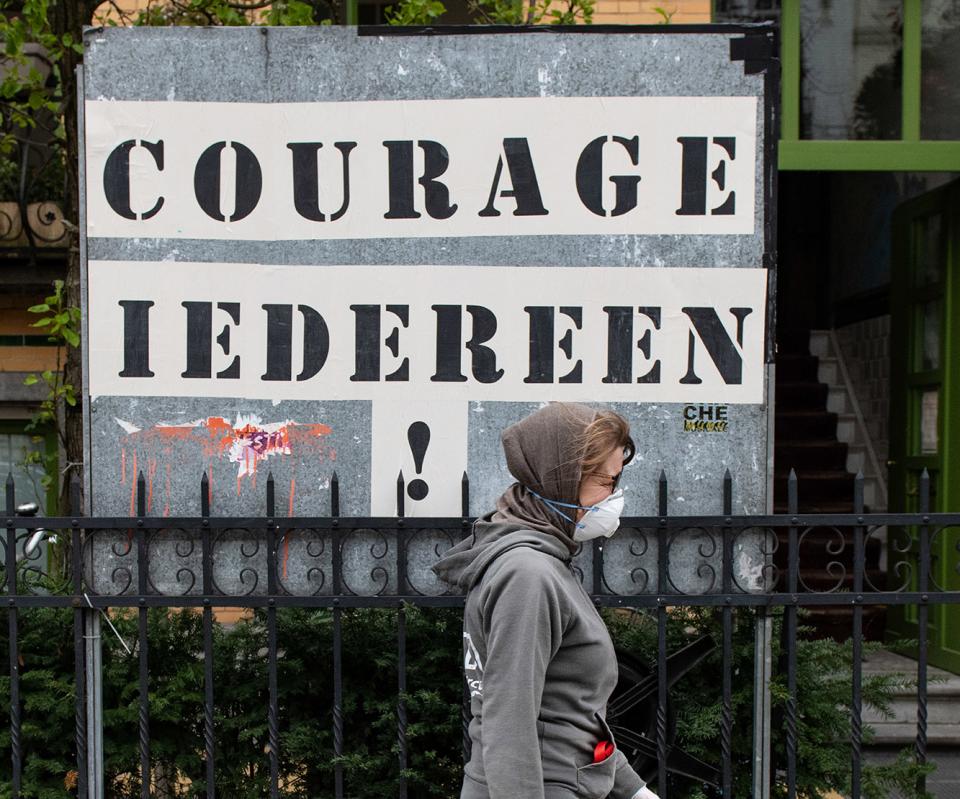
Together against coronavirus: almost 5 million euros of support for organisations dealing with the emergency


